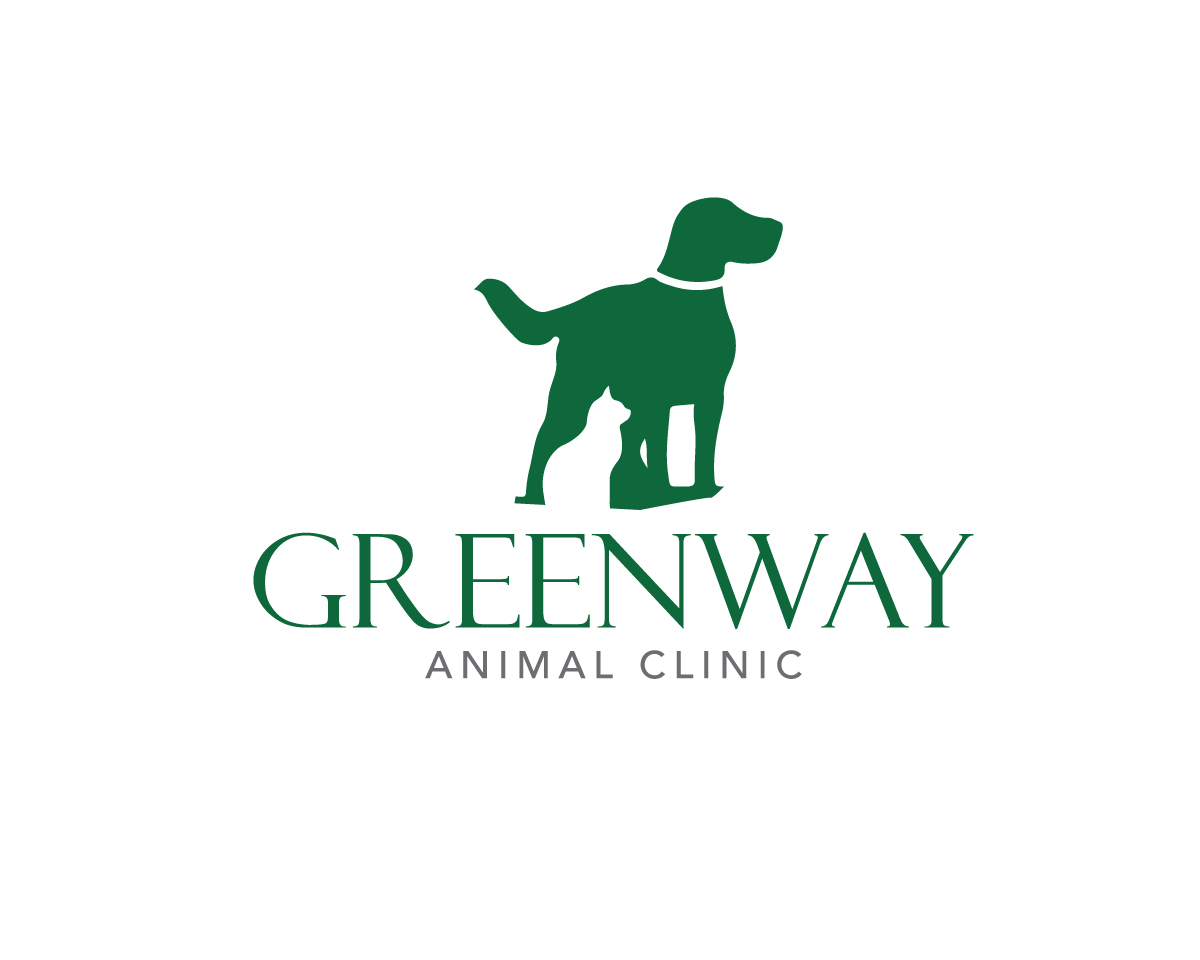Contact Us
Reach out to us and we will be happy to answer any questions, discuss your pet’s health and book an appointment.

Location
2706 Richmond Avenue,
Houston TX 77098
Contact
Phone: 713-807-1234
Fax: 713-807-8804
GWAC@greenwayanimalclinic.com
Hours
Monday – Friday 7:30am-6:00pm
Saturday 7:30am -12:00 noon
Sunday – CLOSED
In An Emergency
For assistance after hours:
Gulf Coast Emergency:
713-693-1111
8042 Katy Fwy, Houston TX 77024
Sunset Animal Hospital 24/7 :
713-526-5881
2959 SW Frwy Service Rd, Houston, TX. 77098
© 2025 Greenway Animal Clinic.
Provided by Covetrus | Powered by LifeLearn WebDVM
